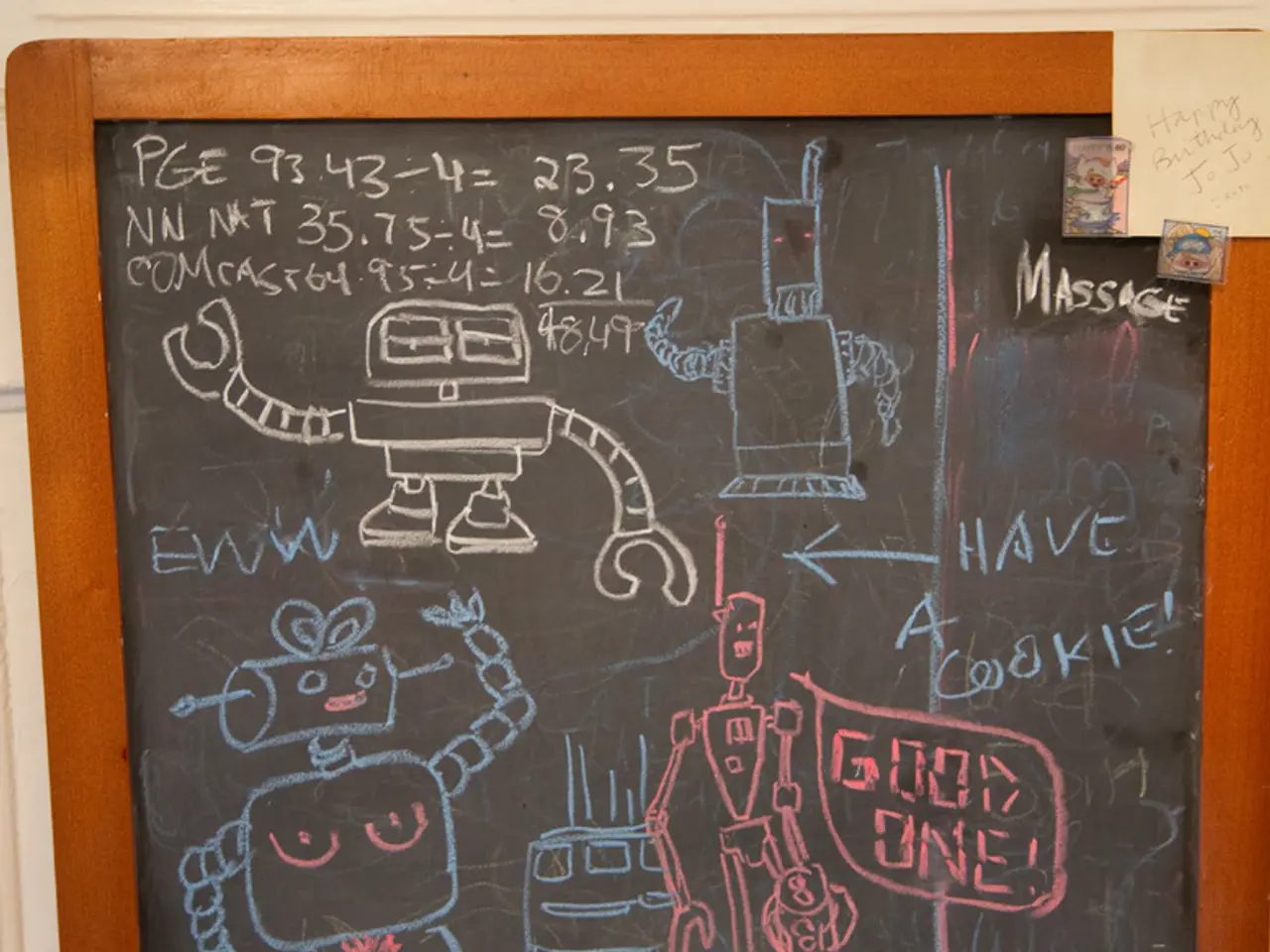Artificial Intelligence Streamlining Sorting Process for Aulendorfer Construction Materials
In the picturesque town of Aulendorf, nestled in the district of Ravensburg, a groundbreaking facility is making waves in the construction industry. The pioneering company Heydt, in collaboration with plant manufacturer Stadler from Altshausen, has introduced an AI-driven waste sorting system that promises to revolutionise the way we handle construction waste.
This advanced technology, programmed by British startup Recycleye, is designed to recognise and sort various materials such as bricks, concrete, gypsum, wood, or plastic. The AI was trained with over a billion waste images, making it capable of sorting construction waste effectively, even when it is dusty or dirty.
Heydt's facility is claimed to be the first of its kind in Germany, employing an AI machine to sort construction waste. The system has the potential to increase the amount of building materials that can be reused, significantly reducing the need for gravel mining for concrete.
The AI makes decisions much faster than a human, ensuring a more efficient sorting process. The Regional Development Agency of Middle Upper Swabia supported the project with a grant of around 200,000 euros.
The benefits of this AI-driven system are manifold. It boosts recycling rates, improves the quality of recycled materials, reduces environmental impact, and offers cost efficiency by lowering material costs and transportation emissions.
Though specific numeric data on the percentage reduction in gravel mining due to this system are not publicly detailed, reports and case studies suggest that Heydt’s AI-driven sorting solution substantially supports sustainable concrete production by minimising the need for natural gravel extraction in the region around Aulendorf.
The cost of the sorting machine is approximately one million euros. Despite the initial investment, the long-term benefits of this innovative technology in terms of environmental preservation, resource conservation, and cost efficiency make it a promising solution for the future of construction waste management.
As the AI machine continues to operate at Heydt's facility in Aulendorf, it is hoped that this pioneering approach will inspire other companies to adopt similar technologies, paving the way for a more sustainable construction industry.
Science and environmental-science fields are intertwined in the implementation of artificial-intelligence technology at Heydt's facility in Aulendorf, as the AI-driven waste sorting system is designed to enhance recycling rates, reduce environmental impact, and conserve resources in the construction industry. Technology, specifically artificial-intelligence, plays a crucial role in this groundbreaking project, as the AI machine makes decisions faster than humans, enabling more efficient waste sorting and supporting sustainable concrete production.




